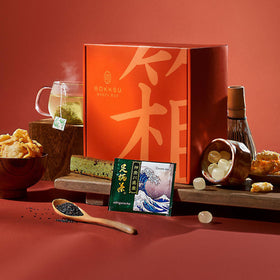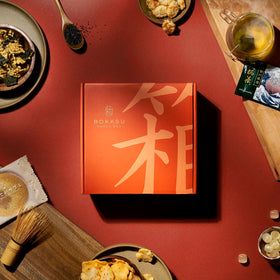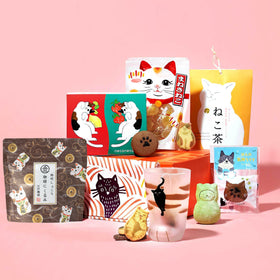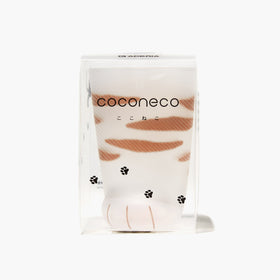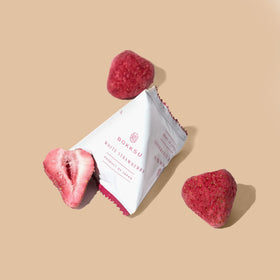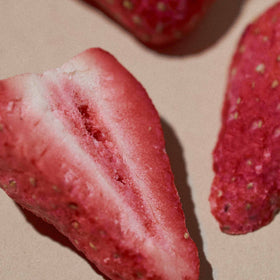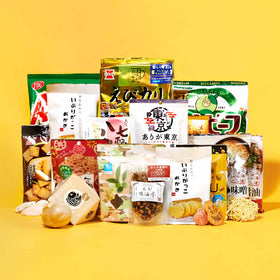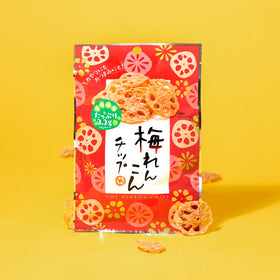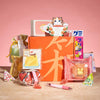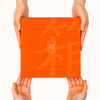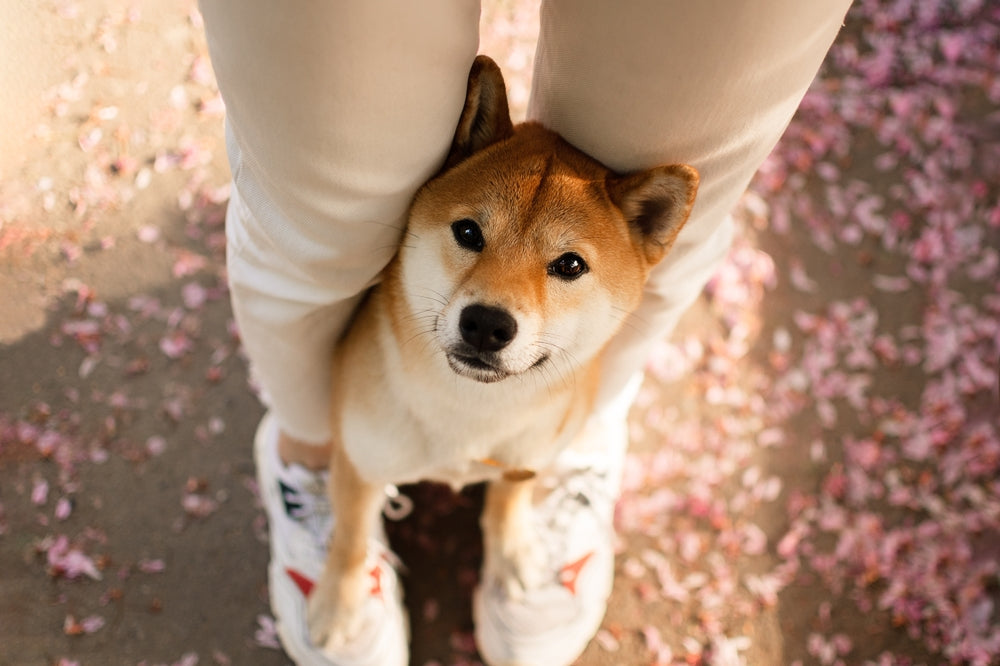The Legend of Yuki-onna: Japan’s Snow Woman Spirit
Who Is Yuki-onna? Unraveling Japan’s Snow Woman Legend
On a dark and snowy night in Japan, the eerie legend of Yuki-onna comes to life. Her name, which means “snow woman,” belongs to one of the most haunting yokai (supernatural beings) in Japanese folklore, closely associated with winter and fierce snowstorms. She’s also known by other names like Yuki-musume (snow daughter), Yuki-onba (snow granny), Yuki-anesa (snow sister), and Yukihime (snow princess), among others. Yuki-onna is often described as a tall, strikingly beautiful woman with icy pale skin and long white or black hair flowing over a white kimono. But her ethereal beauty hides a deadly power. With a single touch, she can freeze a person instantly, and she wields snow and ice as though nature itself obeys her. Silently drifting through snowy landscapes, Yuki-onna embodies both elegance and fear, capturing the delicate balance between beauty and danger in Japanese folklore.

==https://bokksuboutique.com/collections/all/products/the-happy-hour-gift-box==
==https://bokksuboutique.com/collections/bokksu-exclusive-box-and-bundle/products/japanese-fruits-gummy-box==
==https://bokksuboutique.com/collections/bokksu-exclusive-box-and-bundle/products/the-kawaii-gift-box==
Origins in Folklore: From Edo Tales to Modern Retellings
The legend of Yuki-onna, the terrifying snow monster of Japanese folklore, has endured through the ages—shifting in form but never fading away. Originating in the harsh winters of Japan’s northern regions, she was long feared as a deadly spirit who lured and froze lost travelers during blizzards. The earliest written account of her story comes from the Muromachi period (1333–1673), when a monk named Sogi recounted a mysterious encounter on a snowy morning. Stepping outside, he saw a tall, beautiful young woman with skin as white as snow and unusually white hair. When he spoke to her, she vanished without a trace. Over the centuries, Yuki-onna’s legend grew through literature and local stories, inspiring many regional variations. In some places, she’s seen as a ruthless predator; in others, a tragic soul caught between worlds. Yet no matter the version, Yuki-onna remains a haunting symbol of winter’s beauty and danger, forever woven into Japan’s cultural imagination.
A Spirit of Snow: Yuki-onna in Japanese Yokai Lore

In the vast and mysterious world of Japanese yokai, Yuki-onna stands out as one of the most haunting and ethereal figures. Unlike many yokai, who are often tied to specific places or objects, Yuki-onna is bound to the mountains and appears only on cold winter nights, when snow blankets the land and silence fills the air. She is both enchanting and lethal, a ghostly beauty who glides through snow storms and lures lost travelers to their doom. While many yokai are known for mischief or chaos, Yuki-onna embodies the cold, unforgiving grace of nature itself. Her icy touch can freeze a person in an instant, and her chilling gaze is believed to pierce straight through the soul.
Winter's Dual Nature: Beauty and Danger in Japanese Myth

Yuki-onna appears like a dream on a snowy night—silent, graceful, and impossibly beautiful. Yet beneath her delicate exterior lies the cold hand of death. As a snow spirit, she perfectly captures the dual nature of winter itself: serene and breathtaking, yet merciless and unforgiving. This contrast is a common thread in Japanese mythology, where nature is admired for its beauty but always approached with reverence for its power. Yuki-onna is more than just a ghostly figure; she’s a metaphor for winter’s stillness that can turn deadly in an instant. One moment, the world is blanketed in peaceful snow; the next, a traveler is lost in a storm, never to return. Her story reminds us that even the most beautiful things in nature can carry hidden dangers, and that wonder and fear often walk hand in hand beneath the falling snow.
Regional Variations: How Yuki-onna Stories Differ Across Japan

The legend of Yuki-onna takes on many forms across Japan, with each region adding its own chilling twist to her tale. In Tottori Prefecture, locals know her as a mysterious water beggar who swings a white gohei wand and pleads, "Please give me water—hot or cold.” What happens next depends on the kindness shown: offer her cold water, and she grows monstrous; offer hot water, and Yuki-onna melts away. In Yamagata Prefecture, she’s called the "moon princess," a celestial being stranded on Earth after descending from the moon. In areas like Aomori, Gunma, Niigata, and Miyagi, she’s feared as a "snow vampire," silently stalking forests to drain the life force of unsuspecting victims. Meanwhile, in the snowy towns of Akita, Fukui, Fukushima, and Ibaraki, she takes on a more cunning role as a talking snow woman who lures people into conversation before striking. Her rules vary too—in some stories, speaking to her means certain death, while in places like Fukushima and Ibaraki, ignoring her can be just as dangerous.
Yuki-onna in Pop Culture: From Horror Films to Anime

Yuki-onna has gracefully moved from ancient tales into the heart of modern pop culture. Today, she haunts not only snowy mountain forests but also movie screens and anime series across Japan. One of the most memorable portrayals of Yuki-onna appears in Lafcadio Hearn’s version featured in Kwaidan (1964). In this story, she meets a man during a blizzard and spares his life on the condition that he never speaks of their encounter. Later, she falls in love with him, and the two marry. When he eventually breaks his promise, Yuki-onna reveals her true identity but chooses to spare him once more before disappearing. This adaptation captures the delicate balance of love, mercy, and mystery that defines her character.
In anime, her character often takes on gentler forms: in YuYu Hakusho, Yuki-onna is a kind and devoted mother, while in Yo-kai Watch, she is reimagined as a young girl, offering a fresh and emotional take on the legend. Still, she remains a staple in horror, appearing in films like The Snow Woman (1968), Yuki-onna (2016), and influencing modern supernatural thrillers. In every retelling, Yuki-onna endures as one of Japanese culture’s most captivating yokai, a symbol of elegance, mystery, and quiet strength that continues to both enchant and unsettle.
Snowy Settings: Real-Life Places That Inspired the Legend

For those captivated by the haunting beauty of the Yuki-onna myth, Japan's snowy landscapes provide the perfect backdrop to experience this legendary snow spirit firsthand. The Tohoku region, particularly the prefectures of Aomori, Iwate, Miyagi, and Yamagata, is often seen as the heart of Yuki-onna folklore. In these areas, deep snow transforms mountains and forests into otherworldly scenes, where her story feels especially alive. The region’s long winters and heavy snowfall set the stage for chilling tales and enchanting scenery, making it an ideal destination for travelers drawn to both natural beauty and cultural legend. Visitors can explore snow-covered trails and historic villages, take part in seasonal festivals, and enjoy local gift-giving traditions that celebrate the spirit of winter, creating a journey that weaves together myth, nature, and the warmth of Japanese hospitality.
==https://bokksuboutique.com/collections/bokksu-exclusive-box-and-bundle/products/the-mystery-bundle==
==https://bokksuboutique.com/collections/all/products/japanese-savory-snack-box==
==https://bokksuboutique.com/collections/bokksu-exclusive-box-and-bundle/products/bokksu-ramen-box==
Ghost Stories and Gifts: A Winter Tradition in Japan

In Japan, ghost stories are a seasonal tradition with deep cultural significance. During the hot, humid summer months, Japanese people share kaidan, or ghost tales, meant to send a shiver down the spine and help cool off through fear. In contrast, winter stories take on a quieter, more reflective tone, exploring themes of isolation, survival, and the stark beauty of a snow-covered landscape, making them the perfect setting for legends like Yuki-onna. These storytelling traditions are often enjoyed alongside seasonal snacks and nostalgic treats, adding a comforting and delicious layer to the experience.
At Bokksu Boutique, you can experience the spirit of Japan’s seasons through carefully curated collections.The Classic Bokksu: Seasons of Japan Box takes you on a flavorful journey through all four seasons, featuring handpicked snacks that showcase regional specialties and seasonal ingredients. For those craving variety, The Largest Snack Box Ever offers a generous assortment of over 165 pieces, including full-sized favorites and rare, limited-edition treats from across Japan. And for cozy evenings spent reflecting on winter stillness or eerie ghost stories, the Four Seasons Premium Tea Gift Box offers four unique tea blends, each capturing the spirit of Japan’s ever-changing seasons.
Gifting the Chill: Curated Winter Treats from Bokksu Boutique

Winter in Japan is a season wrapped in quiet beauty and delicate flavors, much like the legendary Yuki-onna herself. You can taste that very essence of a snowy tale through Bokksu Boutique’s winter-themed treats. The Matcha Chocolate Stick Cake combines the deep, earthy richness of Uji matcha from Kyoto with sweet chocolate chips in a soft, moist cake, delivering a comforting indulgence perfect for a chilly day. For tea lovers, the Kagoshima Seicha Gift Box features seven distinct Satsumarche teas, each one as unique and intriguing as the many forms of Yuki-onna herself. And for a truly refined experience, the Kurata Fresh Bottled Artisan Tea highlights the rare Sayamakaori tea, grown in Japan’s mountain regions, with a smooth astringency and elegant depth that invites you to savor each slow, warming sip.
Beyond Fear: What Yuki-onna Teaches About Humanity and Nature

The legend of Yuki-onna reflects the deep reverence Japanese culture holds for the power of nature, the complexity of human emotions, and the unseen spiritual world that flows through daily life. She reminds us that beauty and danger often coexist, and that the changing seasons carry stories as rich and layered as the snow itself. Whether you're settling in on a chilly winter evening or simply looking to experience the magic of Japan’s seasonal traditions, sharing the haunting tale of Yuki-onna along with thoughtfully curated snacks from Bokksu Boutique is a wonderful way to connect—with loved ones and with the timeless charm of Japanese folklore.
==https://bokksuboutique.com/collections/bokksu-exclusive-box-and-bundle/products/classic-bokksu-seasons-of-japan==
==https://bokksuboutique.com/products/sos-save-our-snacks-bundle==
Author Bio




